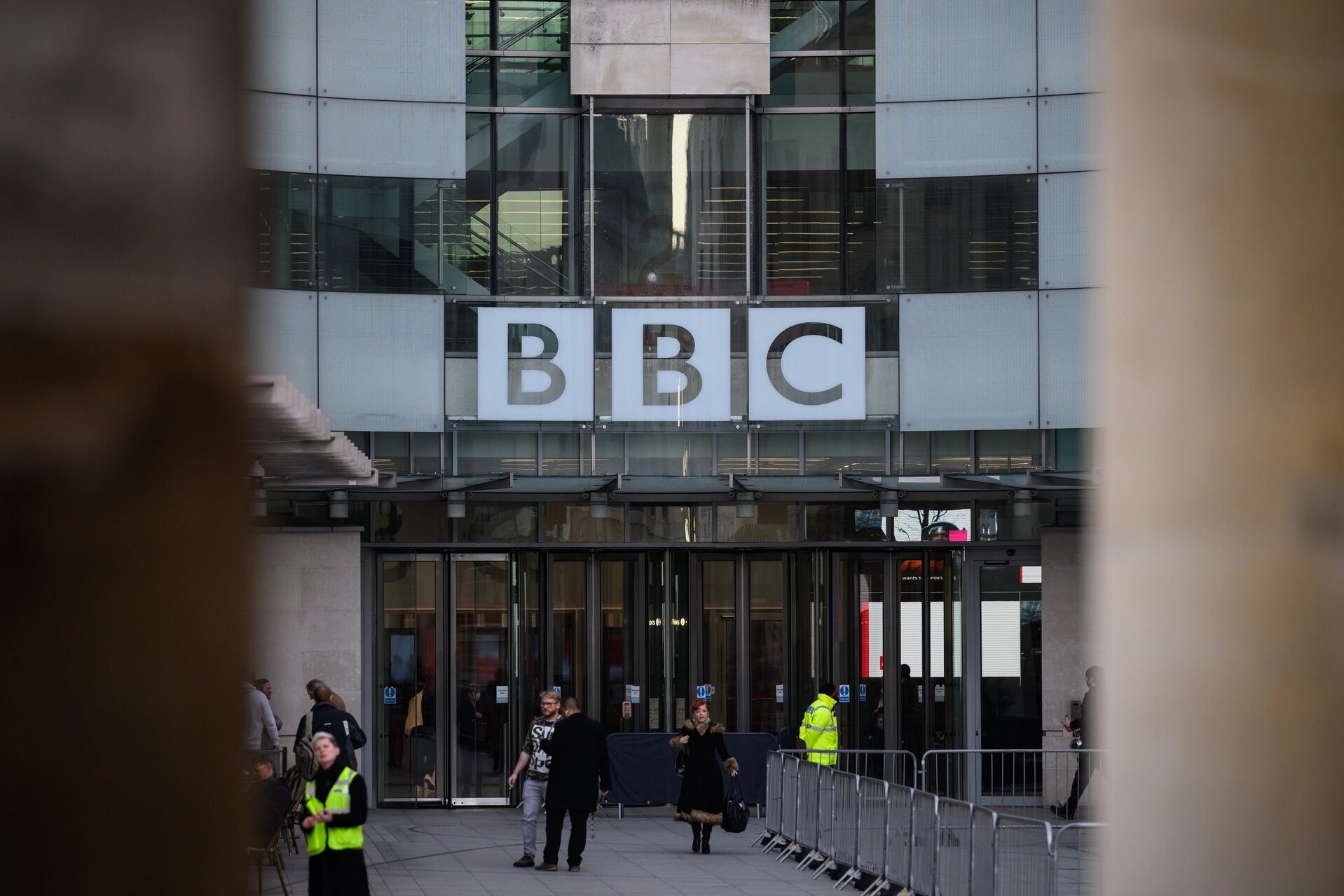“While the BBC sincerely regrets the manner in which the video clip was edited, we strongly disagree there is a basis for a defamation claim,” a spokesperson for the network wrote.

The BBC apologized to Donald Trump on Thursday for a selective edit of his speech on Jan. 6, 2021, but argued the president’s legal threats toward the network don’t rise to the level of a defamation lawsuit.
Trump’s legal team sent the BBC a letter earlier this week demanding it retract any “false, defamatory, disparaging, and inflammatory statements” about the president from a 2024 documentary by Friday, or face a $1 billion lawsuit.
In a statement posted by the BBC on Thursday, the network said its chair, Samir Shah, had sent a personal letter to the White House apologizing for the edit and that the network has “no plans” to rebroadcast the program.
“While the BBC sincerely regrets the manner in which the video clip was edited, we strongly disagree there is a basis for a defamation claim,” an unnamed spokesperson wrote in the statement.
The White House deferred a request for comment to Trump’s outside counsel. Alejandro Brito, the attorney who sent Trump’s demands, did not immediately respond to a request for comment.
The legal threats center on a spliced edit of Trump’s speech ahead of the Jan. 6, 2021, Capitol riot that appeared in the network’s program “Trump: A Second Chance?” In the clip, the president appears to say “We’re going to walk down to the Capitol and I’ll be there with you, and we fight. We fight like hell.”
In reality, those lines were delivered almost an hour apart, and the footage also omitted a soundbite where Trump tells supporters “to peacefully and patriotically make your voices heard.”
The BBC on Thursday also issued a correction note to the program, saying the network had reviewed the clips of the speech after “criticism” over the edit and apologized to Trump for “that error of judgement.”
“We accept that our edit unintentionally created the impression that we were showing a single continuous section of the speech, rather than excerpts from different points in the speech, and that this gave the mistaken impression that President Trump had made a direct call for violent action,” the network wrote.
The note also stated the program would “not be broadcast again in this form on any BBC platforms.”
The looming threats of litigation come at a moment of high turbulence for the network. This past weekend, two of the broadcaster’s top executives, director general Tim Davie and CEO of News Deborah Turness announced their resignations amid mounting outrage triggered by an internal ombudsman report criticizing the Trump documentary along with the BBC’s coverage of the war in Gaza.
“I really struggle to understand how we got to this place,” former BBC legal affairs correspondent Clive Coleman told POLITICO. “The first lesson almost you’re taught as a broadcast journalist is that you do not join two bits of footage together from different times in a way that will make the audience think that it is one piece of footage.”
